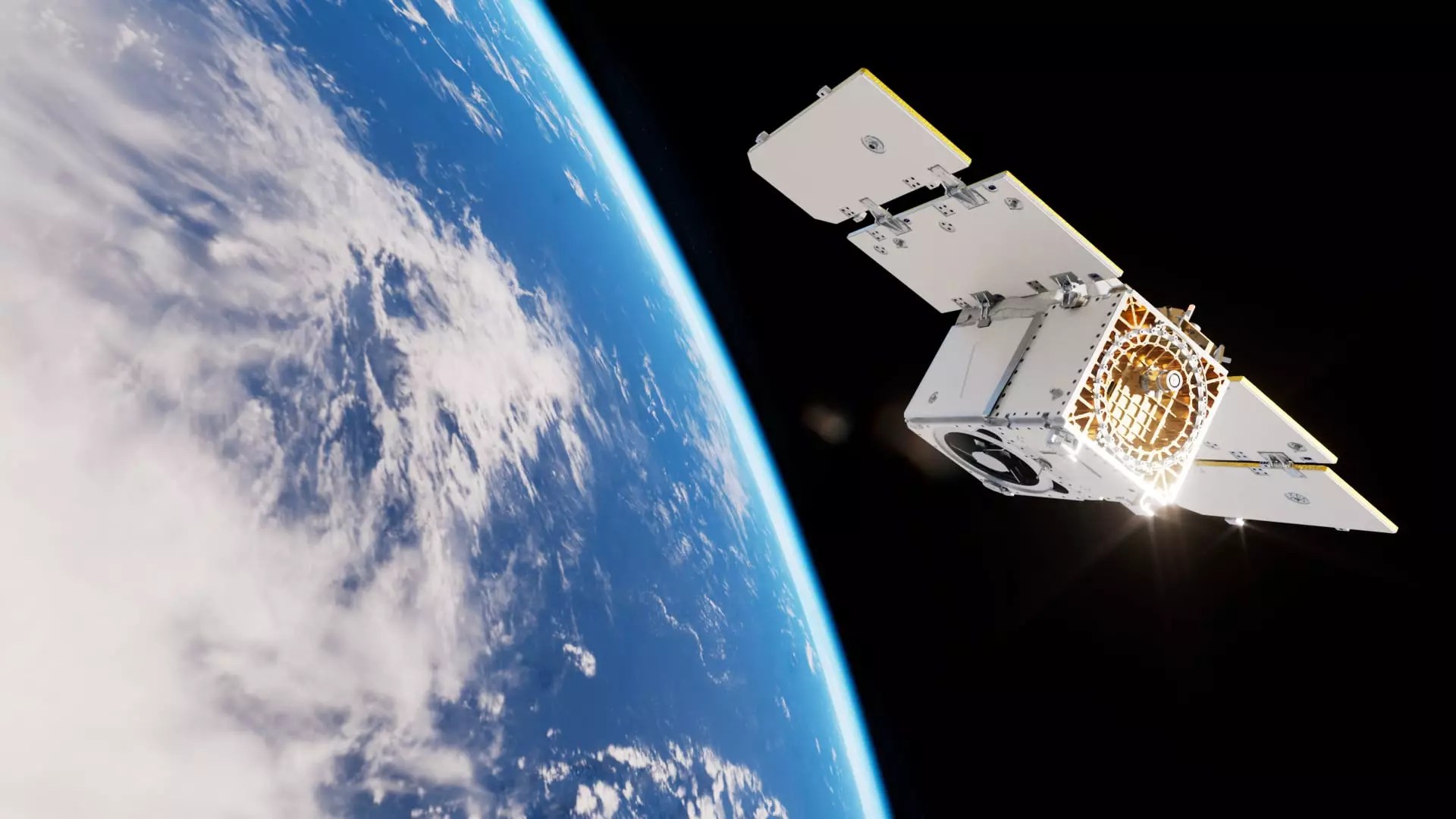In a defining moment for the aerospace sector, Planet has secured a monumental $230 million agreement poised to reshape its business model. This contract, signed with an undisclosed anchor customer in the Asia-Pacific region, marks a significant pivot for Planet as it enhances its portfolio in the satellite services market. According to CEO Will Marshall, this venture is not only the largest in the company’s history, but it also serves as a critical linchpin in Planet’s ambitious rollout of its next-generation Pelican satellites.
Understanding the Significance of the Pelican Satellites
Planet has long operated a fleet of over 200 satellites, primarily focusing on Earth observation data. The newly introduced Pelican satellites are designed to upgrade and eventually replace the company’s SkySat fleet. With the capability to house as many as 32 Pelican units, these satellites will feature improved technology, such as Nvidia’s Jetson edge AI platform, which aims to enhance data processing capabilities significantly. By undertaking this contract, Planet reinforces its commitment to innovate within its satellite technology offerings and provides tailored solutions to its clients.
Marshall noted that this deal with the unnamed partner is indicative of the longer-term vision that Planet harbors for its operations. This includes the construction phase lasting several years followed by an operational phase spanning an additional five years. By granting the customer dedicated access to the data generated by these satellites in their area of interest, Planet carves out an exclusive space in the data service realm while retaining worldwide licensing rights for the information gathered outside that region.
From a financial perspective, the ramifications of this contract extend beyond the immediate benefits for Planet. While this deal will start contributing to visibility in fiscal 2026, it reflects the strategic planning and foresight with which Planet navigates its fiscal accounts. The revenue from this long-term project will be recognized gradually over a span of approximately seven years, allowing for sustained cash flow that can be funneled into further developing the Pelican satellite constellation.
At first glance, the market has responded positively, showcasing a 14% bump in share price following the announcement, although it later stabilized close to its previous valuation. This fluctuation may indicate a cautious optimism about Planet’s future, tempered by the historical performance of similar companies in the aerospace sector. Investors will be keen to see if Planet can deliver on its patented promise of providing reliable spacecraft services, especially as the company strives to regain investor confidence following earlier stumbles related to revenue projections and layoffs.
A notable aspect of the contract is Planet’s commitment to its long-standing partnerships. The strategy of working closely with established customers has proven effective in cultivating trust and reinforcing the operational knowledge Planet possesses in satellite technology. Marshall emphasizes that these relationships hinge on a shared understanding of both parties, thus forming a reliable marketplace where data integrity and service reliability are paramount.
The transition into the satellite services marketplace underscores Planet’s broader ambitions—this is not just about launching satellites but building a comprehensive ecosystem around them. Planet previously made strides with its Tanager product line, showcasing a commitment to meeting the diverse needs of customers, including nonprofits. The Pelican deal represents an evolution of this approach, effectively cementing Planet’s role as not only a satellite provider but also as an adaptable service partner.
In wrapping up, Planet’s recent contract signifies a profound commitment to scaling its operations within the satellite services sector. As the company moves forward with the Pelican project, it will be interesting to monitor how these developments unfold, particularly regarding their impact on financial sustainability and stock performance. With increasing competition in the aerospace market, Planet must navigate these waters carefully, ensuring that innovation aligns with sound business strategy. If successful, this could herald a new era for Planet and potentially redefine the dynamics of satellite operation and data provision globally.


Leave a Reply